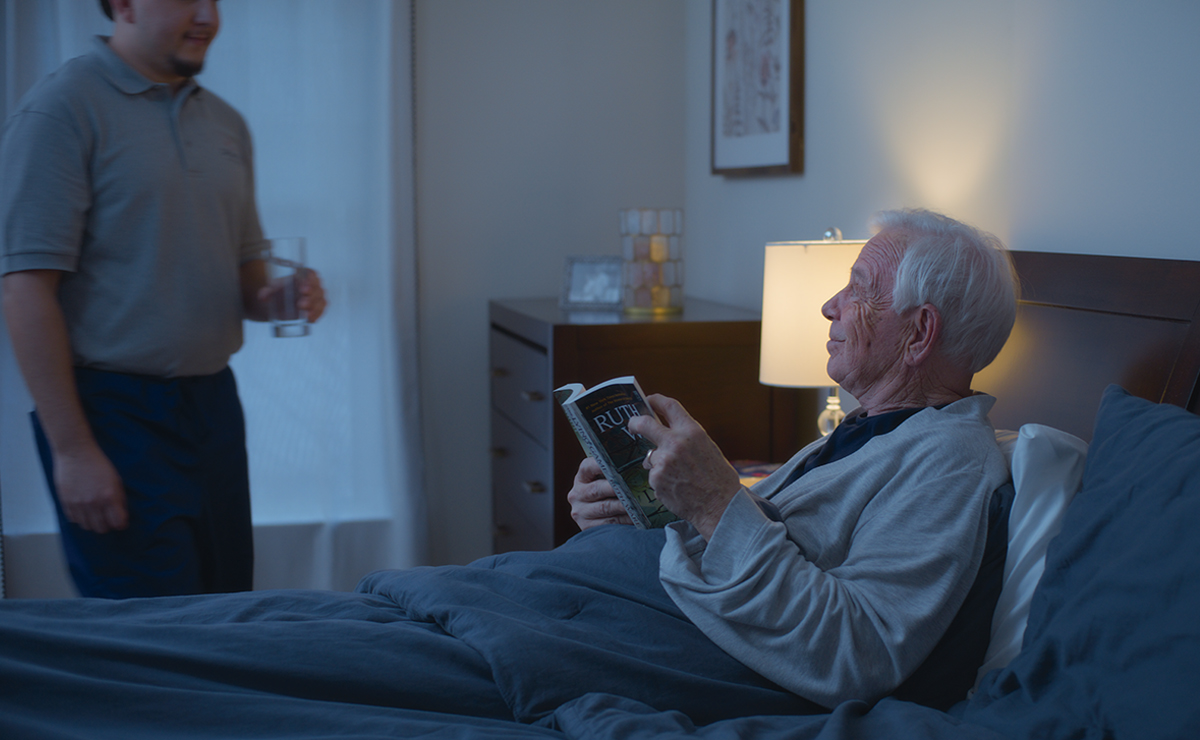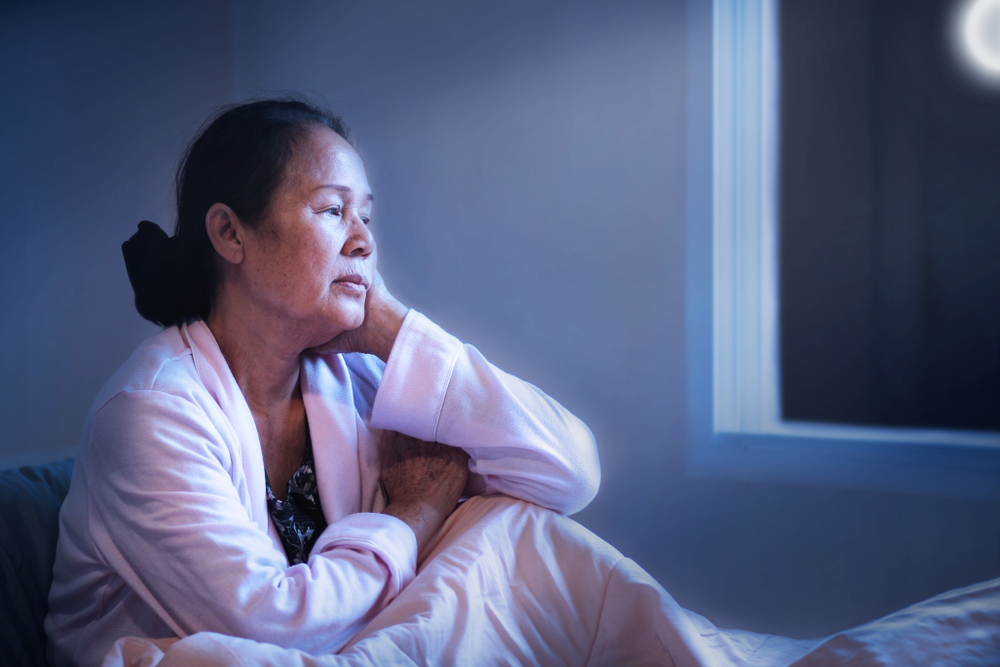Sudden Excessive Sleepiness in Elderly Adults
Category:

Excessive sleep in the elderly is quite common due to numerous conditions. Luckily, there are several ways to treat excessive sleepiness, whether through medications or by practicing good sleep hygiene. In this post, we will review what you need to know about sudden excessive sleepiness in the elderly.
Causes of Excessive Sleepiness in the Elderly
What causes excessive sleepiness in the elderly? Excessive sleepiness can be caused by anything, from pre-existing conditions to medical treatments. Below are some causes for excessive sleeping in the elderly.
-
Anxiety and/or depression. When emotions overwhelm an older adult, they can sometimes manifest as physical symptoms such as extreme fatigue.
-
Dementia. Excessive sleepiness and sleep deprivation are common symptoms of older adults with dementia. Fatigue can aggravate dementia symptoms more, which is why one should seek treatment immediately upon experiencing excessive sleepiness or sleep deprivation.
-
Sleep disorders. Sleep apnea, restless leg syndrome, and narcolepsy can impact overall health and quality of life.
-
New medications. Many over-the-counter and prescription drugs — such as antihistamines, sleep aids, anti-nausea meds, opioids, antidepressants, and others — have fatigue as a common side effect, which can become more significant as one ages.
-
Medical treatments. Recovering from surgery, chemotherapy, and other medical treatments can often leave older adults feeling worn out.
-
Infections. Illnesses such as pneumonia, flu, or urinary tract infections can all result in feelings of fatigue and may often go undiagnosed in older adults.
-
Nutrient deficiencies. When older adults have low nutrients — such as iron or vitamin B12 and vitamin D — in their bodies, it can often result in them feeling sluggish and weak.
-
Chronic diseases. Fatigue can occur as a symptom for adults with autoimmune disorders, hormonal imbalances, heart problems, lung conditions, and cancer.
Next, let’s review some treatment methods for excessive sleeping in the elderly.
Treatment for Excessive Sleepiness in the Elderly
Medications combined with other types of therapies, treatments, and behavior modifications are often recommended for older adults with excessive sleepiness. Below are some possible medications for excessive sleeping in the elderly.
-
Armodafinil is a wake-promoting agent that can be used to treat narcolepsy and sleep apnea.
-
Benzodiazepine receptor agonists are hypnotics that can assist with nighttime sleep.
-
Melatonin is an over-the-counter supplement that helps one fall asleep and wake up on time.
-
Methylphenidate encourages alertness.
-
Modafinil can be used to treat narcolepsy and residual sleepiness.
-
Sodium oxybate is used to treat narcolepsy and limit sleep interruptions at nighttime.
Download Our Sleep Habits Guide
Lastly, let’s take a look at ways to maintain sleep hygiene for excessive sleepiness in the elderly.
Maintaining Sleep Hygiene for Excessive Sleepiness in the Elderly
Elderly excessive sleeping can be maintained by practicing good sleep hygiene. Below are some ways to practice good sleep hygiene for excessive sleep in the elderly.
-
Use the bed only for sleep.
-
Go to bed at the same time each night and wake up at the same time each morning.
-
Make sure the sleeping space is cool, dark, quiet, and relaxing.
-
Avoid alcohol, caffeine, and large meals before bedtime.
-
Get some exercise during the day to help you fall asleep more easily at night.
Subscribe
Date: 2023-01-19
Category:


